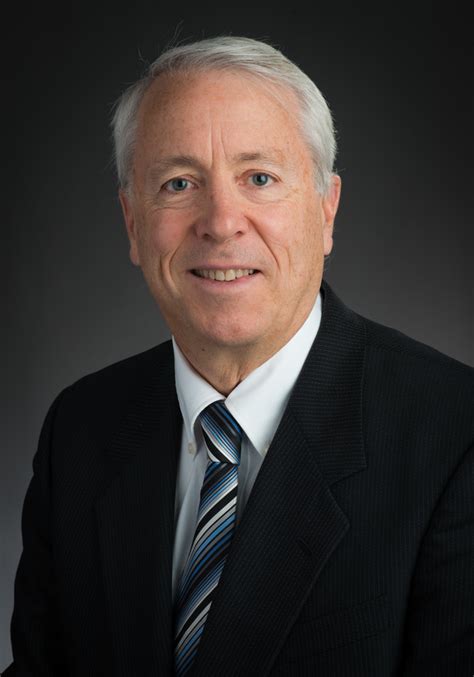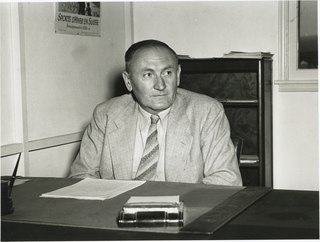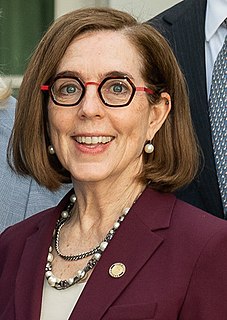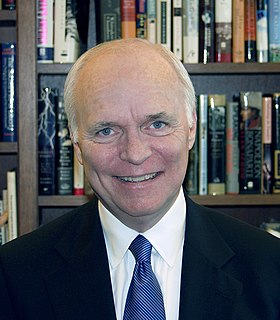A Quote by Thomas Armstrong
From the standpoint of education, genius means essentially 'giving birth to the joy in learning.' I'd like to suggest that this is the central task of all educators. It is the genius of the student that is the driving force behind all learning. Before educators take on any of the other important issues in learning, they must first have a thorough understanding of what lies at the core of each student's intrinsic motivation to learn, and that motivation originates in each student's genius.
Quote Topics
Any
Before
Behind
Birth
Central
Core
Driving
Driving Force
Each
Education
Educators
Essentially
First
Force
G Force
Genius
Giving
Giving Birth
Important
Important Issues
Intrinsic
Intrinsic Motivation
Issues
Joy
Learn
Learning
Lies
Like
Means
Motivation
Must
Other
Standpoint
Student
Suggest
Take
Task
Thorough
Thorough Understanding
Understanding
Related Quotes
A Student is the most important person ever in this school...in person, on the telephone, or by mail.
A Student is not dependent on us...we are dependent on the Student.
A Student is not an interruption of our work..the Studenti s the purpose of it. We are not doing a favor by serving the Student...the Student is doing us a favor by giving us the opportunity to do so.
A Student is a person who brings us his or her desire to learn. It is our job to handle each Student in a manner which is beneficial to the Student and ourselves.
Isolating the student from large sections of human knowledge is not the basis of a Christian education. Rather it is giving him or her the framework for total truth, rooted in the Creator's existence and in the Bible's teaching, so that in each step of the formal learning process the student will understand what is true and what is false and why it is true or false.
In the field of education, educators know that they leave a lasting impact on their students for better or for worse. Trust is established or diminished in the classroom and very good educators understand that they are fallible. Despite their best efforts, they will not always do the best for each student.
Until, modern times when it became mostly a civic task, education was considered a sacred work. It was sacred because it involved the indwelling spirit in the student and because it required an awakened spirit in the teachers. Spirit to spirit, genius to genius, soul to soul go the true lessons that help young people become themselves. Ultimately, each person holds the key to the story trying to be lived from within, but first someone else must help unlock the mystery of one’s life.
To eliminate the discrepancy between men's plans and the results achieved, a new approach is necessary. Morphological thinking suggests that this new approach cannot be realized through increased teaching of specialized knowledge. This morphological analysis suggests that the essential fact has been overlooked that every human is potentially a genius. Education and dissemination of knowledge must assume a form which allows each student to absorb whatever develops his own genius, lest he become frustrated. The same outlook applies to the genius of the peoples as a whole.
Take Washington, D.C., which spends over $10,000 per student for education whose student achievement would be dead last if Mississippi chose to secede from the Union. Suppose Washington gave each parent even a $5,000 voucher - that wouldn't mean less money available per student. To the contrary, holding total education expenditures constant, it'd mean more money per student remaining in public schools.
I think there's responsibility both at the federal and provincial levels for education in a grander sense - and that is to provide recognition financially to people who are educators, to help provide access to on-the-spot learning, so kids are not biased against science. Especially when people are younger, their curiosity needs never to be beaten down. And you can only do that if you have people who love the subject they're teaching, and who provide the student with the ability to do it in the field.





































